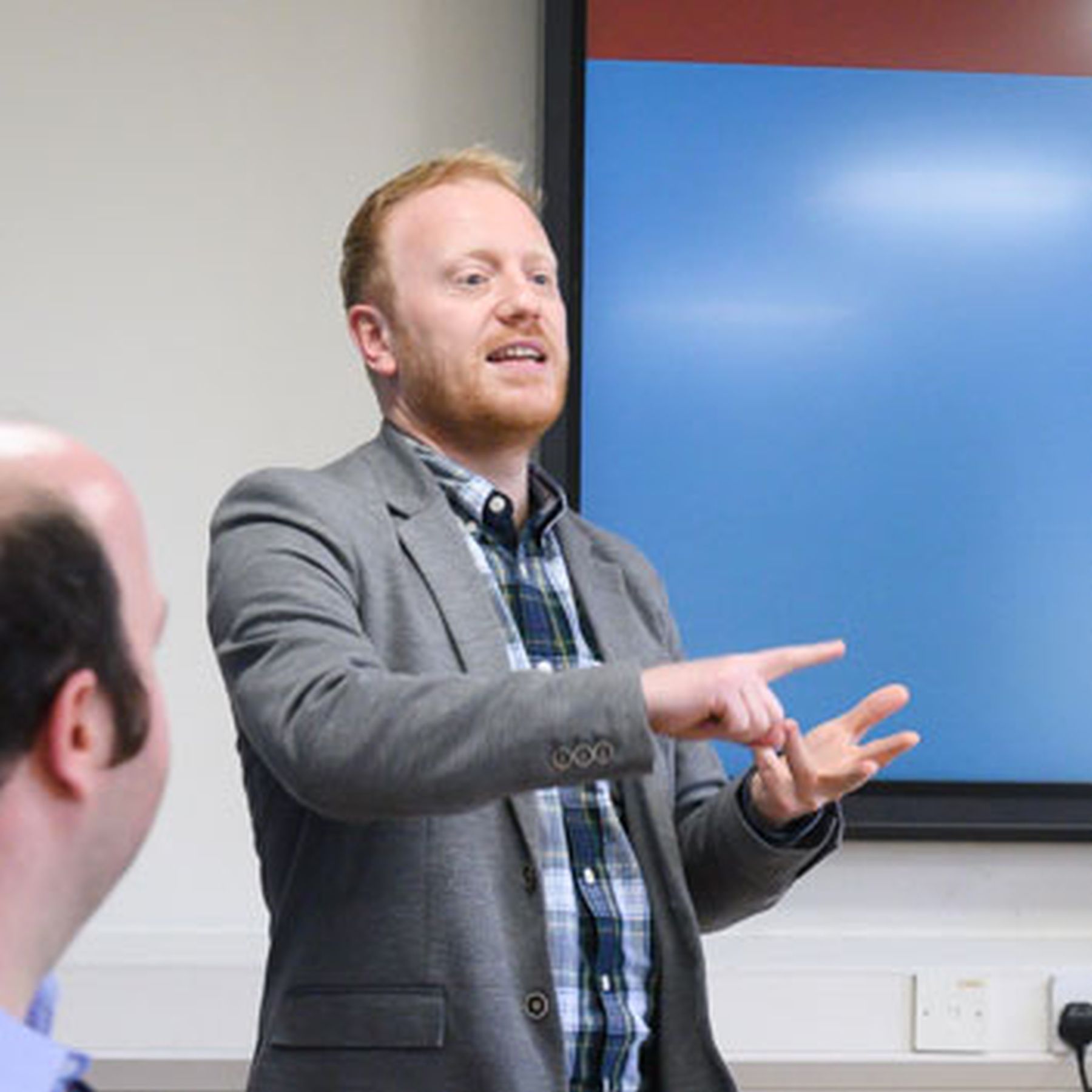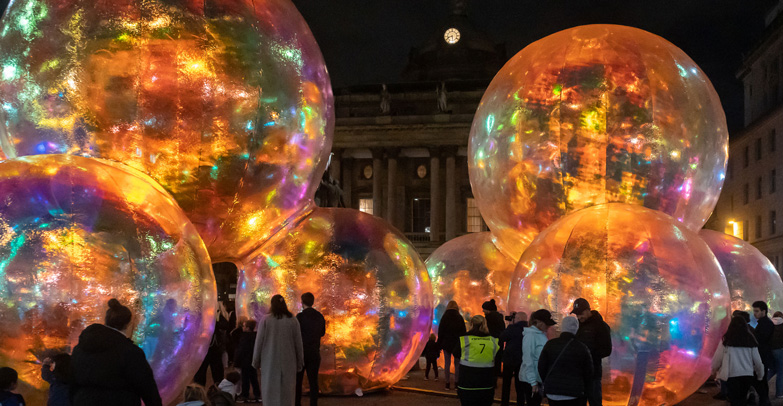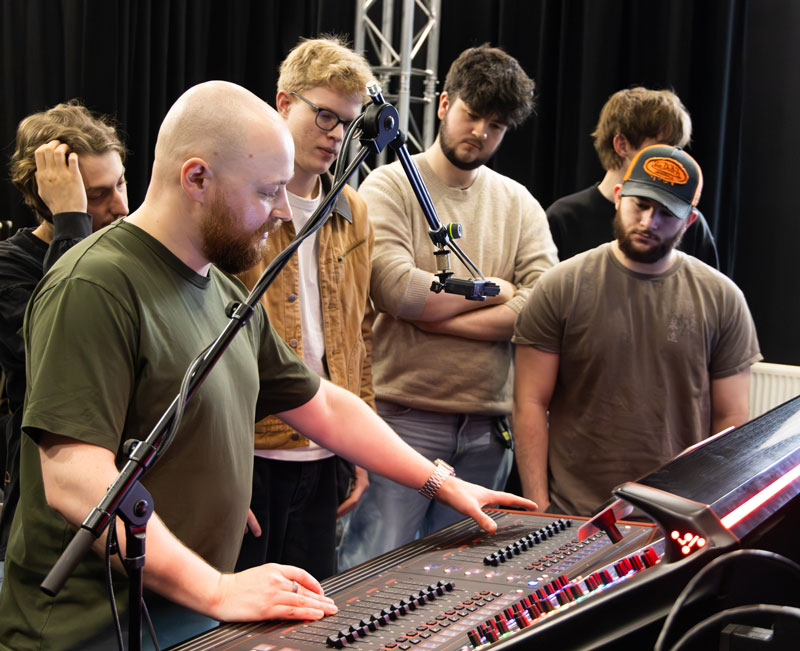Steven Davies is course leader for BA (Hons)/MArts Creative Technologies and Performance, which had its first intake of students in September. The structure of the course allows students to explore their passions and specialisms with an eye to the future.
Steven explains: “It’s much more about where the industry is heading rather than where it has been and the opportunities that emerging technologies offer filmmakers, writers and performers.”
The Creative Technologies and Performance course has three pathways:
Students study all three during their first year before specialising. Steven describes it as a blended approach. “It offers students the opportunity to practice in their chosen field but also to experiment with convergent ideas.
“For example, if you’re a filmmaker that has previously been more focused on the technical aspects, working with story will help develop your sense of narrative to give more depth to your productions. Or, if you’re a digital artist, then developing your video and audio skills will help your creations come to life.”
Steven is a filmmaker with nearly 20-years’ worth of industry experience, working on documentaries and network dramas. He’s creative director of his own production company and his PhD is in virtual reality video. Before joining LIPA, he worked in universities across Wales, lecturing in television, filmmaking, cinematography and digital media.
Steven believes the course is offering something completely diferent. “I’ve never seen a course like this. There are so many projects and opportunities to explore your own ideas.
“It’s for multi-disciplinarians who understand that if you are just one thing you have a limited shelf life.”
Steven explains: “It’s much more about where the industry is heading rather than where it has been and the opportunities that emerging technologies offer filmmakers, writers and performers.”
The Creative Technologies and Performance course has three pathways:
- Film and TV Production
- Story, Script and Development
- Emerging Technology and Digital Performance.
Students study all three during their first year before specialising. Steven describes it as a blended approach. “It offers students the opportunity to practice in their chosen field but also to experiment with convergent ideas.
“For example, if you’re a filmmaker that has previously been more focused on the technical aspects, working with story will help develop your sense of narrative to give more depth to your productions. Or, if you’re a digital artist, then developing your video and audio skills will help your creations come to life.”
Steven is a filmmaker with nearly 20-years’ worth of industry experience, working on documentaries and network dramas. He’s creative director of his own production company and his PhD is in virtual reality video. Before joining LIPA, he worked in universities across Wales, lecturing in television, filmmaking, cinematography and digital media.
Steven believes the course is offering something completely diferent. “I’ve never seen a course like this. There are so many projects and opportunities to explore your own ideas.
“It’s for multi-disciplinarians who understand that if you are just one thing you have a limited shelf life.”




